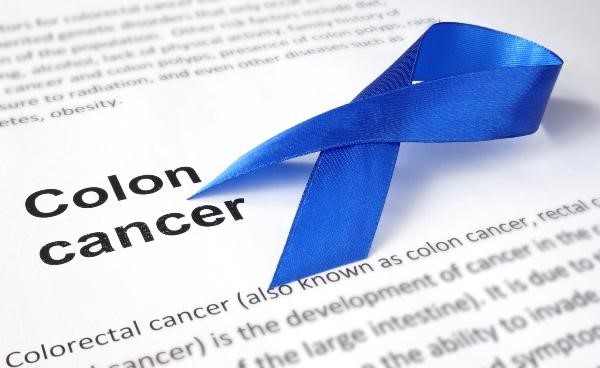Health Tips
5 Warning Signs of Colon Cancer

Knowing the Warning Signs of Colon Cancer
Colon cancer, also referred to as colorectal cancer, is cancer that originates in the large intestine, specifically the colon. The colon is located in the very last part of the digestive tract and plays a major role in removing waste from the body. Colon cancer doesn’t always produce symptoms in its early stages, which is why it is crucial to be aware of the potential symptoms and to be screened via a colonoscopy once reaching a certain age. Older adults are the most prone to colon cancer, which begins through a clump of cells that forms inside the colon. These clumps of cells, called polyps, start out noncancerous but can become cancerous over time. Keep reading to learn some of the most common warning signs of colon cancer so you can stay on top of your health.
1. Blood in Stool
Colon and rectal cancers do not always present with symptoms, but one of the most common warning signs is the presence of blood in the stool. It is important to note that just because there is blood present in the stool does not automatically mean that you have colon cancer. Hemorrhoids and anal fissures are far more common causes of the occurrence of blood in the stool, but the issue should still be brought up to your doctor so the cause can be determined and addressed.
2. Persistent Abdominal Pain or Discomfort
Abdominal pain and discomfort such as cramping, bloating, and gas pain that consistently get worse may be a sign of colon cancer. Although there could be a benign cause to these sensations, you should schedule an appointment with your doctor if the pain and discomfort you experience are persistent. Since the colon is part of the digestive system, cancer in this area can create changes in the way your abdomen feels on a day-to-day basis.
3. Changes in Bowel Movements
If you begin to experience unexplained changes in your bowel movements and habits, such as diarrhea or constipation that lasts longer than usual, this could be an early warning sign of colon cancer. The colon is the final part of the digestive system and plays an important role in processing waste and reabsorbing fluid as the body prepares for elimination. Cancer in the colon or rectum can create a blockage, which makes it more difficult for the organ to do its job properly and causes changes when eliminating waste.
4. Sudden Weight Loss
Unintentional weight loss of ten pounds or more within six months or less can be an early warning sign of many different types of cancer, including colorectal cancer. Weight loss occurs in conjunction with cancer because the presence of cancerous cells can release substances into the body that change the way food is absorbed. Weight loss can also be due to a blockage in the colon if the tumor has grown large enough, which will affect bowel movements and weight.
5. Fatigue
The presence of cancerous cells in the body uses a lot of the body’s energy, leading to fatigue. While fatigue may point to a myriad of issues in the body, ranging from lack of sleep to nutritional deficiencies, it could also point to something as serious as colon cancer. You should always pay attention to your body, and if you notice significant changes in your energy level, bring it up to your doctor.
Colon Cancer Diagnosis and Treatment in Massachusetts and Rhode Island
At Southcoast Health, we strive to keep our surrounding communities in Massachusetts and Rhode Island informed and proactive about their health. Our specialists at our Southcoast Centers for Cancer Care are skilled and experienced in treating cases of colon and rectal cancer, and we will work with you to develop a care and treatment plan. We also stress the importance of proper screening, so if you are experiencing symptoms that concern you or have not gotten a colonoscopy after reaching age 45, please make an appointment today. Early detection saves lives when it comes to colon cancer, so please don’t hesitate to contact Southcoast Health today to stay on top of your digestive health.
